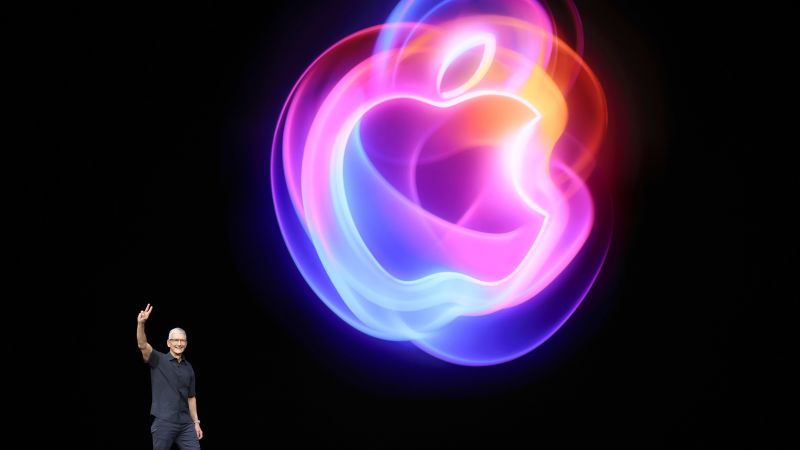Apple is incorporating artificial intelligence features into its new iPhone 16 models, aiming to inspire upgrades and boost sales. Despite the underwhelming and unreliable nature of most AI products, Apple hopes that these AI tools will spark a “super cycle” of sales in the upcoming year. The company’s focus on AI was evident in the features highlighted in June and officially rolled out on Monday, although Apple never specifically mentioned “artificial intelligence.”
The new AI tools on the iPhone 16 offer features such as a more human-sounding Siri, bespoke emoji generation, and breed identification for dogs when pointing the camera at them. While these features are described as intuitive, friendly, and not creepy, they fall into the “nice to have” category rather than the “must-have” category that would drive significant sales. Despite this, analysts like Gene Munster predict that consumers will still be excited about these AI features and expect iPhone sales to exceed Wall Street’s estimates in the coming quarters.
Apple’s cautious integration of AI into its devices is a reflection of its brand loyalty strategy, aiming to encourage customers who have been holding onto older phones to consider an upgrade. This slow and transparent approach contrasts with the past misstep of aggressively releasing a U2 album in 2014, which did not resonate well with consumers. By gradually introducing AI features and maintaining brand loyalty, Apple hopes to retain its position as a market leader in the technology industry.
During the unveiling event for the AI-powered iPhone 16, Apple avoided using the term “artificial intelligence” and instead referred to the features as “intelligent.” This strategic omission reflects Apple’s awareness of consumers’ mistrust of AI, as evidenced by studies showing that labeling a product as “AI-powered” can lower customer intention to purchase. The skepticism surrounding AI stems from experiences with chatbots and AI image generators that often provide inaccurate or inauthentic results.
Apple’s decision to avoid labeling its new iPhone features as AI reflects its understanding of the public’s perception of artificial intelligence. Despite the company’s heavy use of AI in the development of the new models, it is mindful of the negative connotations associated with the term. This cautious approach is aimed at maintaining consumer trust and encouraging adoption of the new AI features in the iPhone 16, ultimately driving sales and solidifying Apple’s position as a leader in the tech industry.













